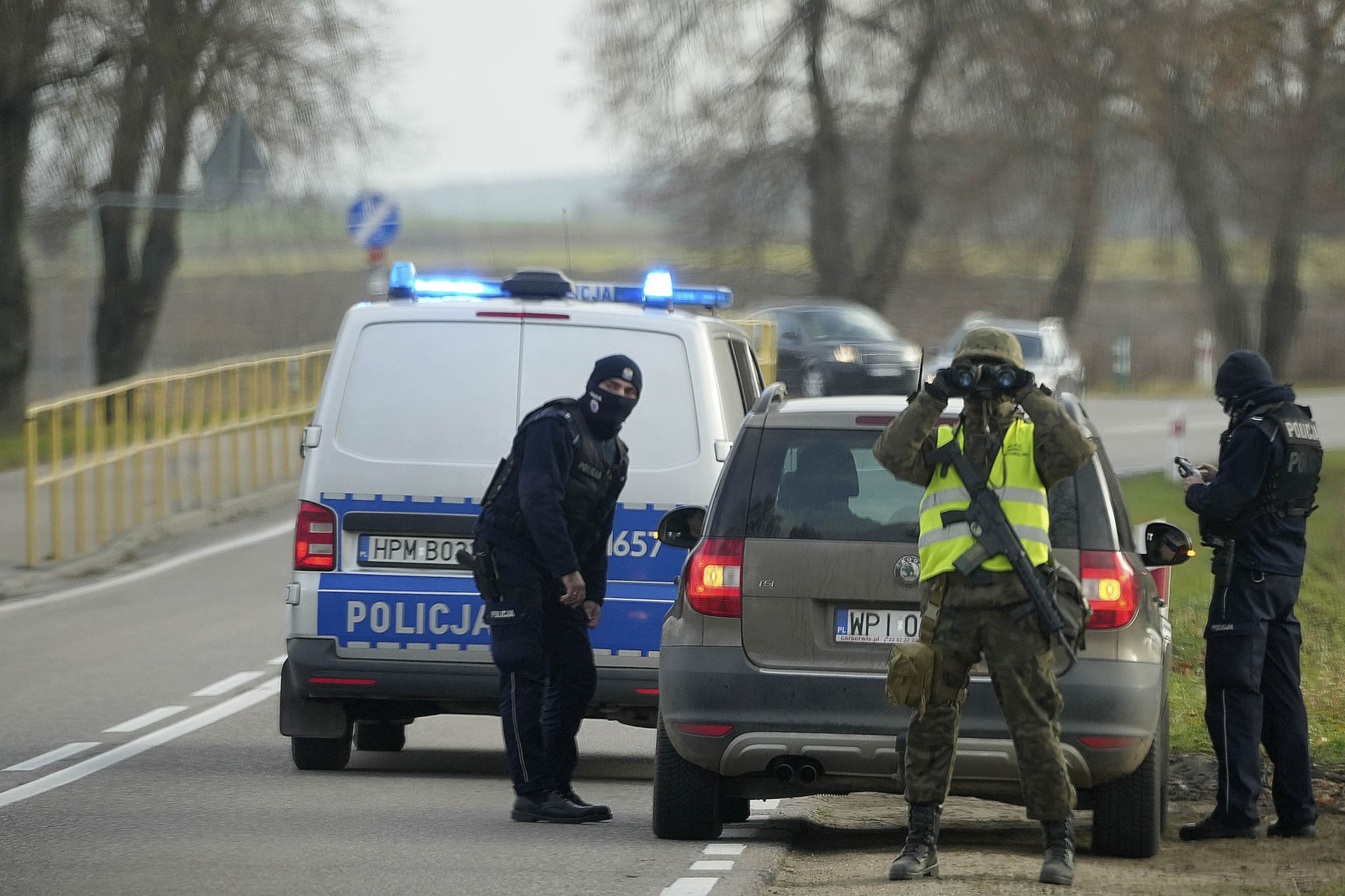Polish authorities earlier this week stopped a bus brimming with pro-migration activists from Germany that had been traveling toward the Polish-Belarusian border, preventing the group from traveling to the Kuznica border crossing where they had planned to collect illegal migrants and bring them back to Germany.
The activists aboard the bus were apparently ignorant to the fact that the border area they had planned to collect migrants from happens to lie within Poland’s exclusion zone, a three-kilometer zone along the Polish-Belarusian border which is off-limits to non-government actors, German daily Frankfurter Allgemeine reports.
Perhaps even more surprising, the group’s plan to bring illegal migrants massed at the Polish-Belarusian border back to Germany took place despite a spokesperson for Germany’s Interior Ministry stating days earlier that “unauthorized transport and possible unauthorized entry” to Germany could result in criminal consequences.
When asked about the group’s business along the border area, Ruben Neugebauer, the spokesman for the coalition of migrant activists, said: “We want to send a sign of solidarity here. It is the day the wall came down and it is important that we choose human rights instead of walls.”
So-called “aid workers” haven’t been shy in their criticism of the Polish government’s state of emergency which effectively precludes them from coming anywhere near to the affected border area.
“For us it is heart-breaking. We are here near the border, and we cannot enter the zone and help people. We can only help those who manage to cross the border and make it out of the restricted area,” an activist told journalists from the BBC.
On Tuesday, following a day of violence that saw hordes of migrants doing their best to sabotage border fortifications, Poland’s Border Guard (Straż Graniczna) announced that it had arrested six individuals for aiding illegal migration, three of whom were from Germany and Sweden.
Amid the intensifying chaos and increased fears of a new migrant invasion, a growing chorus of high-level officials within the European Union have called on the European Commission to assist the outermost member states to secure the bloc’s external borders.
Days ago, in a letter addressed to European Commission President Ursula von der Leyen, Hungarian Prime Minister Viktor Orbán called on the EU to reimburse part of the cost (€1.64 billion) that Hungary has allocated as a part of its national budget to ensure the bloc’s external integrity.
“Europe’s fragile stability is due to Hungary and, with it, to the member states that have successfully protected the EU’s external borders,” Orbán wrote.
“It is impossible to turn a blind eye to the fact that Hungary has spent significant resources, money, and human resources on protecting the European Union’s external borders over the past six years. I, therefore, call once again on the European Commission to reimburse the costs of Hungarian border protection measures,” he added.
German Federal Interior Minister Horst Seehofer recently called on the commission, led by Ursula von der Leyen, to take decisive action in order to help protect the borders of Poland and the EU.
“We need to help the Polish government secure the EU’s external borders. That would actually be the job of the European Commission,” Seehofer said.
Seehofer’s request comes a month after interior ministers from 12 member states — Hungary, Poland, the Czech Republic, Slovakia, Austria, Estonia, Latvia, Lithuania, Denmark, Greece, the Greek Cypriot administration, and Bulgaria — called on the European Commission and the Slovenian presidency of the Council of the EU to finance a border wall project along the bloc’s external borders.





